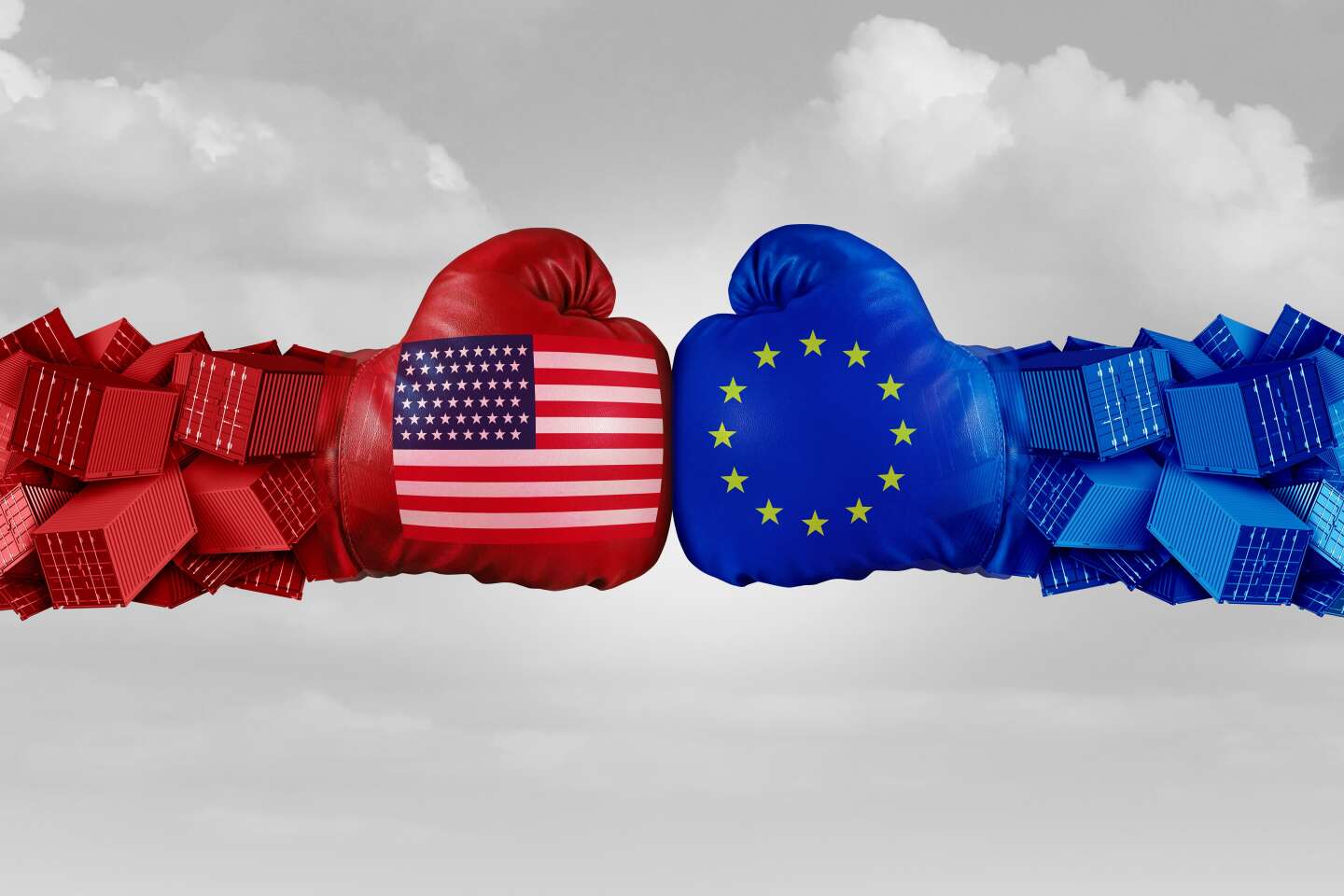


In the run-up to the European elections in June, calls for a strong, independent Europe are growing louder. The prospect of a Donald Trump victory in the United States' November 5 presidential election makes a strong case for a strategy of independence for the European Union (EU). It's not a foregone conclusion when you look at the figures.
As we know, Europe is dependent on the US for its military and energy needs. But it is also dependent on the country for trade. The US is the eurozone's biggest customer, with exports more than double those to China. In 2023, they reached €450 billion, compared with €200 billion to China, and they continue to grow.
Germany is the most exposed country, with a trade surplus with the US of €63.5 billion in 2023. Europeans buy software and microchips from the Americans. In return, they buy machinery, pharmaceuticals and cheese.
Part of the trade with the US also reflects the tax optimization strategies of US pharmaceutical companies, who produce their patented drugs in Ireland and resell them at a higher price in the US. This artificially inflates trade figures, but only explains a portion of US imports from Europe. American demand for European cars and car parts is skyrocketing. It exceeded €50 billion in one year, while US exports to Europe amounted to just €20 billion over the same period.
A 10% universal tariff
Such a degree of dependence on a country, even if it is our ally, is not healthy. Let's remember that in 2018, Trump threatened a 25% tax on European auto imports and auto parts. Germany would have been the first loser, and France wouldn't have been spared either, mainly on its component exports. French Toyota and Daimler plants export assembled vehicles to the US.
If re-elected, Trump plans to implement a 10% universal import tariff. It's a safe bet, too, that he'll take a hard look at the large trade surplus between the US and the EU. But Europeans would be wrong to believe that a new Biden presidency would be radically different from a Trump presidency in this respect.
Biden is more compatible with European interests and values and his style is more polished. But the goal is identical, and shared by Republicans and Democrats alike: to make the American economy self-sufficient by encouraging the relocation of intermediate goods production chains within the country, or to friendly neighboring countries such as Mexico.
To achieve this, Biden focuses on subsidies, while Trump swears by tariffs. In both cases, China is the main target. Europeans are often only collateral victims of American strategic economic nationalism.
You have 49.85% of this article left to read. The rest is for subscribers only.
